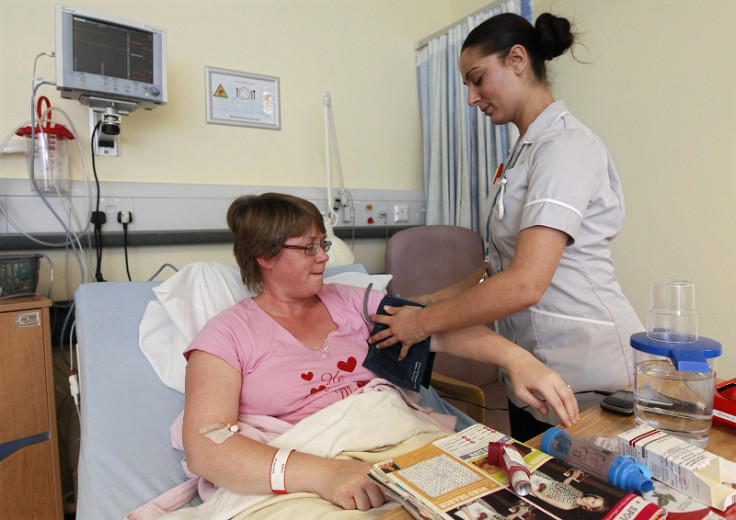National Sickie Day: Bad Weather and Post-Christmas Blues Costs Employers Millions

Is one of your colleagues mysteriously off ill today? Presumably it is just a coincidence it was the Super Bowl last night, the so-called "biggest show in town". Or maybe the fact that it is National Sickie Day might have something to do with their absence.
Today is the day when workers are most likely to take a day off because of bad weather, post-Christmas blues and winter bugs all culminating in employers missing out.
The Employment Law Advisory Service (ELAS) estimated that companies will suffer losses of close to £30m ($49m, €36m) in wages, lost hours and overtime as more than 300,000 workers "diagnose" themselves with short-term, mystery illnesses, and wrap themselves up in their duvets.
"The cost of absenteeism to businesses is significant and can be both disruptive and frustrating," said Emma Ladley an employment solicitor at Lester Aldridge.
She added: "Unauthorised absence can be dealt with under a disciplinary procedure, but be careful to remember that some will be genuinely ill and therefore do not assume that they have taken a 'sickie'.
"Employers need to remember to act consistently to avoid allegations of discrimination and always ensure with all disciplinary action that everyone gets a fair procedure."
But it is very unlikely that one worker at National Express will call-in sick today.
Paul Turner, who has been working for the firm since 1973 and is based at the employer's Leeds Coach Station, has never had a single sick day off work since he started working for the transport business.
The 60-year-old, who has been married to his wife for 30 years and overseen millions of departures in his time at the coach station, said: "Perhaps working in the coach station keeps me young - you're always meeting new people - but it must also be in my genes, my father is very healthy he's 87 and he never gets ill."
Sickness absence is serious business or rather lack of it. The Confederation of British Industry estimated that the annual cost of absence to the UK economy is £17bn, according to the business body's 2012 Absence Survey.
In addition, the Chartered Institute of Personnel and Development (CIPD) found that average absence levels reached 7.6 days per employee in 2013. The HR body's research also revealed that public sector workers take more days off, with an average absence rate of 8.6 days per employee.
But the CIPD said the workers taking the least amount of time off sick came from the manufacturing and production sector, with only six days a year per employee.
IBTimesUK hopes you are not reading this article at home...or on the beach.
© Copyright IBTimes 2025. All rights reserved.






















